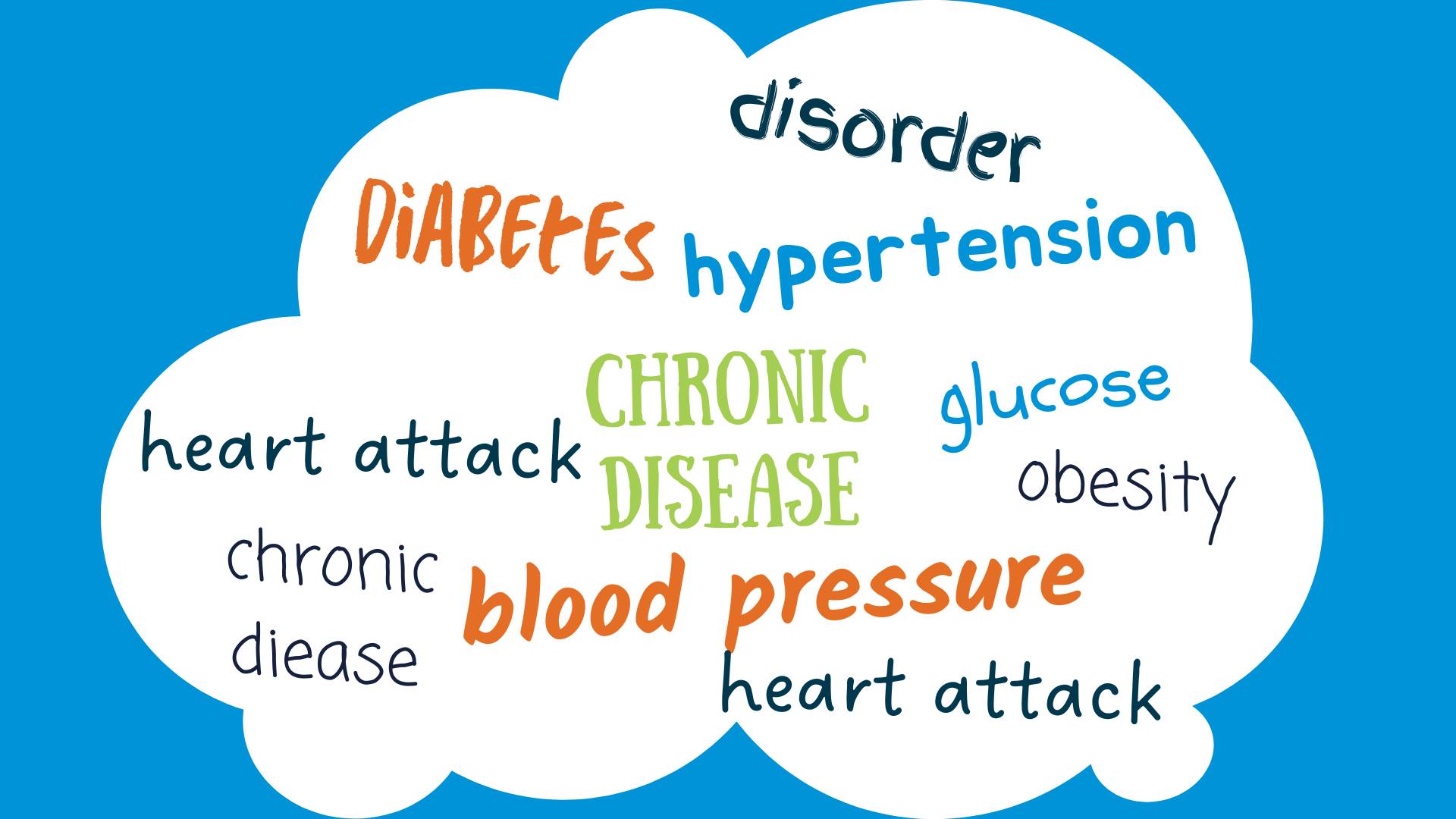How to Prevent Chronic Diseases Through Simple Lifestyle Changes
Chronic diseases such as heart disease, diabetes, cancer, and obesity are among the top causes of death globally. While genetics do play a role, lifestyle choices like diet, physical activity, sleep, and stress management significantly influence your risk of developing these conditions. The best part? Small, practical changes to your daily habits can make a big difference in reducing your risk and improving your quality of life. Here’s a detailed guide to help you get started.
1. Prioritize Nutrition for Better Health
What You Eat Matters
Your diet is the foundation of your health. Eating nutrient-dense foods not only fuels your body but also helps combat inflammation and supports vital functions.
- Focus on Whole, Plant-Based Foods: Include fruits, vegetables, whole grains, lean proteins, nuts, and seeds in your meals. These foods are rich in vitamins, minerals, fiber, and antioxidants that protect against chronic diseases.
- Cut Back on Processed Foods: Foods high in added sugars, trans fats, and sodium can lead to obesity, high blood pressure, and diabetes.
- Fiber is Your Friend: High-fiber foods like beans, oats, and vegetables improve digestion, stabilize blood sugar, and lower cholesterol.
- Stay Hydrated: Water is vital for digestion, circulation, and overall body function. Aim for 6–8 glasses of water daily and supplement with hydrating foods like cucumbers and oranges.
2. Move Your Body Regularly
Physical activity is one of the most powerful ways to prevent chronic diseases. Exercise boosts cardiovascular health, strengthens muscles, and improves mood.
- Get Active: Aim for at least 150 minutes of moderate-intensity aerobic exercise weekly, such as brisk walking, swimming, or cycling.
- Incorporate Strength Training: Two sessions of muscle-strengthening activities weekly can boost metabolism and bone health.
- Break Up Sedentary Time: Sitting for extended periods increases health risks. Take breaks to stretch or move around every hour.
3. Sleep: The Overlooked Essential
Why Sleep Matters
Quality sleep supports mental and physical health by regulating hormones, aiding recovery, and boosting immunity.
- Create a Routine: Stick to a regular sleep schedule, aiming for 7–9 hours per night.
- Design a Sleep-Friendly Environment: Keep your bedroom cool, dark, and quiet. Limit screen time and caffeine in the evening.
- The Risks of Poor Sleep: Sleep deprivation increases the risk of obesity, heart disease, and impaired cognitive function.
4. Master Stress Management
Chronic stress is a silent contributor to many illnesses, including hypertension, anxiety, and weakened immunity.
- Practice Mindfulness: Techniques like meditation, yoga, and deep breathing help calm your mind and reduce cortisol levels.
- Build Social Connections: Strong relationships provide emotional support and reduce feelings of isolation, improving both mental and physical health.
- Engage in Hobbies: Regularly doing activities you enjoy is a great way to recharge and reduce stress.
5. Address Harmful Habits
Certain behaviors can dramatically increase your risk of chronic diseases, but changing them is possible with determination and support.
- Quit Smoking: Smoking damages nearly every organ and is a major risk factor for lung cancer, heart disease, and stroke. Use resources like counseling or nicotine replacement therapies to quit.
- Limit Alcohol: Excessive drinking can harm the liver, increase blood pressure, and contribute to certain cancers. Stick to one drink per day for women and two for men.
6. Make Regular Health Checkups a Priority
Routine health monitoring ensures early detection of potential problems.
Annual Checkups: Regular visits help track blood pressure, cholesterol, and glucose levels. Early detection of issues like hypertension can prevent complications.
Screenings and Vaccines: Stay updated with vaccines and age-appropriate screenings, such as mammograms and colonoscopies. Preventative care can save lives.
7. Start Small and Be Consistent
Making lifestyle changes can feel overwhelming, but small steps add up over time.
- Set Realistic Goals: Start with manageable changes, like adding an extra serving of vegetables to your meals or walking for 10 minutes a day.
- Track Progress: Use a journal or app to monitor your habits and celebrate milestones.
- Stay Patient: Lasting change takes time. Focus on progress, not perfection.
Preventing chronic diseases isn’t about perfection—it’s about consistency and balance. By adopting healthier eating habits, staying active, prioritizing sleep, managing stress, and avoiding harmful behaviors, you can take control of your health. These changes don’t have to be drastic; even small adjustments can lead to significant long-term benefits.
Remember, every positive step you take today is an investment in a healthier tomorrow. Start small, stay committed, and enjoy the journey toward a better quality of life.




No comments yet
Be the first to share your thoughts!